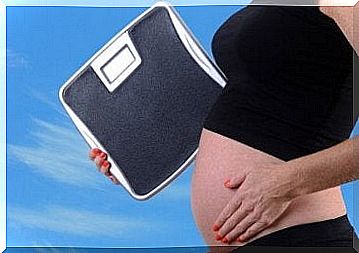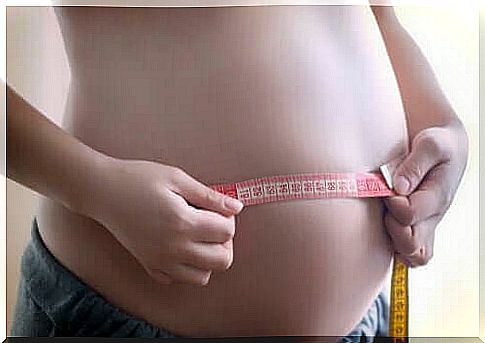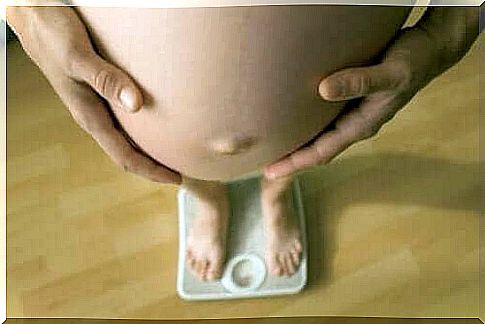How Obesity Affects Pregnancy – Parenthood

A woman is overweight when she has excess body fat and her body mass index is over 30. In this case, her life and that of the unborn baby may therefore be in danger. More specifically, it is essential to know how obesity affects pregnancy.
For the mother, the threats are mainly gestational diabetes and pre-eclampsia. For the baby, physical deformities and even the likelihood of miscarriages are possible.
If you suspect that you are overweight or if it has been confirmed by medical examinations, here are some tips on the subject that will help you avoid and resolve this health complication.
What is obesity?
To talk about the consequences of obesity, we must start by indicating precisely what it is and what are the parameters that define it.
First of all, obesity is considered to be a type of functional disease, however, it is completely preventable. Obesity is defined as when excessive amounts of fat accumulate in the body.
According to the parameters of doctors, a person is obese if the body mass index is equal to or greater than 30 kg / m2. In the case of a woman who is not pregnant, she is considered obese if her abdominal circumference is 88 cm or more.
Obese people are at risk of suffering from metabolic syndrome. This is because this syndrome is characterized by diseases such as diabetes, heart problems, skin problems, gastrointestinal problems, stroke and osteoarthritis. In extreme cases, it can also degenerate into cancer.

How obesity affects pregnancy?
If obese people are already at risk of developing one or more diseases, what about pregnant women who are overweight?
On the one hand, women who are overweight often have more difficulty getting pregnant. This is because the effects of the accumulation of fat in the body would inhibit ovulation. This condition can be so drastic that there are even cases where in vitro fertilization fails.
However, if you are already pregnant, the direct consequences of obesity could be:
- A predisposition to urinary tract infections during pregnancy and after childbirth. Whether during a natural delivery or by cesarean section.
- Obese women are possible targets for high blood pressure and preeclampsia. This may be accompanied by protein in the urine from the 22nd week of pregnancy.
- They can also suffer from thrombosis. That is, a blood clot forms in a blood vessel.
- They usually have gestational diabetes.
- Pregnancy may last longer than normal.
- In many cases, a cesarean section must be performed.
- The mother can miscarry.
- In the most regrettable cases, the child can die in the womb.
How does maternal obesity affect the fetus?
As you might expect, the fetus is also affected by maternal obesity. The health complications that can affect it are as follows.
- The risk of developing heart disease.
- The risk of developing diabetes in childhood or adulthood.
- The possibility of having neural tube defects. This implies that the brain or the spine is not forming properly.
- The development of physical malformations.
- The risk of macrosomia, which results in a child having a higher weight, height and body fat index than the average child.
- Children of overweight mothers tend to be obese during childhood.
- The baby may also have shoulder dystocia at birth, as these are usually large babies.

Types of care needed during pregnancy
If you are pregnant and are already significantly overweight, be aware that the doctor treating your pregnancy will monitor your health more regularly. In addition, you will have to strictly adhere to the diet and exercises assigned to you.
In this sense, you will have several tests related to gestational diabetes. In addition, doctors will schedule ultrasound examinations only for the 22nd week of pregnancy. Indeed, it will not be in the 18th week as usual. This is due to the amount of fatty tissue which makes ultrasound examination difficult. Finally, several fetal echocardiograms should be performed to rule out the possibility of congenital problems.
Finally, if you want to get pregnant and you are overweight, a healthy diet and regular physical activity will be beneficial for your health and that of your unborn baby. Thanks to these good daily habits, you will be able to avoid many medical complications.









